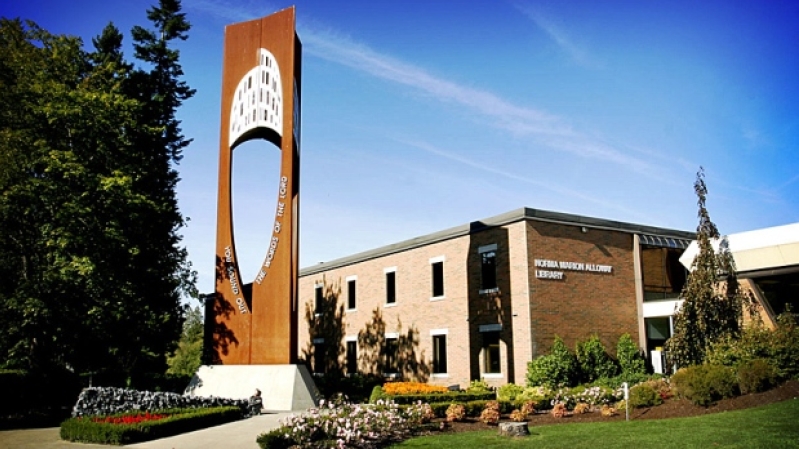
In a major defeat for religious freedom, the Ontario Court of Appeal ruled Wednesday that a Christian University can be denied accreditation because of its belief in traditional marriage.
In a ruling released Wednesday, a three judge panel of the high court concluded that Trinity Western University's "community covenant" discriminates against the LGBT community and that the Law Society of Upper Canada was justified in denying accreditation, according to the Toronto Star. The covenant in question requires students to abstain from a number of acts, including sexual intimacy, "that violates the sacredness of marriage between a man and a woman."
"TWU wants to establish a law school. Although members of the lesbian, gay, bisexual, transgender and queer ('LGBTQ') community may apply to the proposed law school, they will not be admitted unless they are willing to sign and adhere to TWU's community covenant," read the ruling.
"The consequence is that LGBTQ students are discriminated against in terms of admission to, and life at, TWU."
Trinity Western's law school had been granted accreditation by several provincial law societies and the Federation of Law Societies of Canada. However, three provincial societies, the Law Society of Upper Canada, Nova Scotia Barristers' Society, and the Law Society of British Columbia, denied them accreditation because the school requires all students to follow traditional Christian sexual morality.
Shortly after the Ontario court released its ruling against the school, the university announced it's seeking leave to appeal to the Supreme Court of Canada.
"This isn't just a loss for TWU," said Amy Robertson, a spokesperson for the private university, according to LifeSiteNews. "This is a loss for all Canadians. Freedom of conscience and religion is the first of the fundamental freedoms mentioned in the Charter. It is deeply compromised by this decision, and everyone in Canada, religious or not, should be concerned. Canada is a diverse, pluralistic society, committed to living peacefully together even when we disagree. Many countries don't enjoy this privilege."
Trinity Western's "community covenant" also requires students to abstain from gossip, obscene language, prejudice, harassment, lying, cheating, stealing, pornography, and drunkenness.
The Vancouver Sun reports that the university has emphasized in the past that it does not ban admission to gay, lesbian, bisexual or transgender students or faculty, and has said its community offers "an environment in which sexual minorities are supported, loved and respected."
Andre Schutten, counsel for the Association for Reformed Political Action, said the ruling infringes upon the religious freedom and equality rights of the university.
"To find that religious freedom was infringed, as the court did, but then to rule that the infringement is justified despite evidence that the infringement was not necessary, is very troubling," said Schutten.
"The law society is a state actor, and as such, should not discriminate against minority Christian groups simply because their faith commitments may be unpopular."







